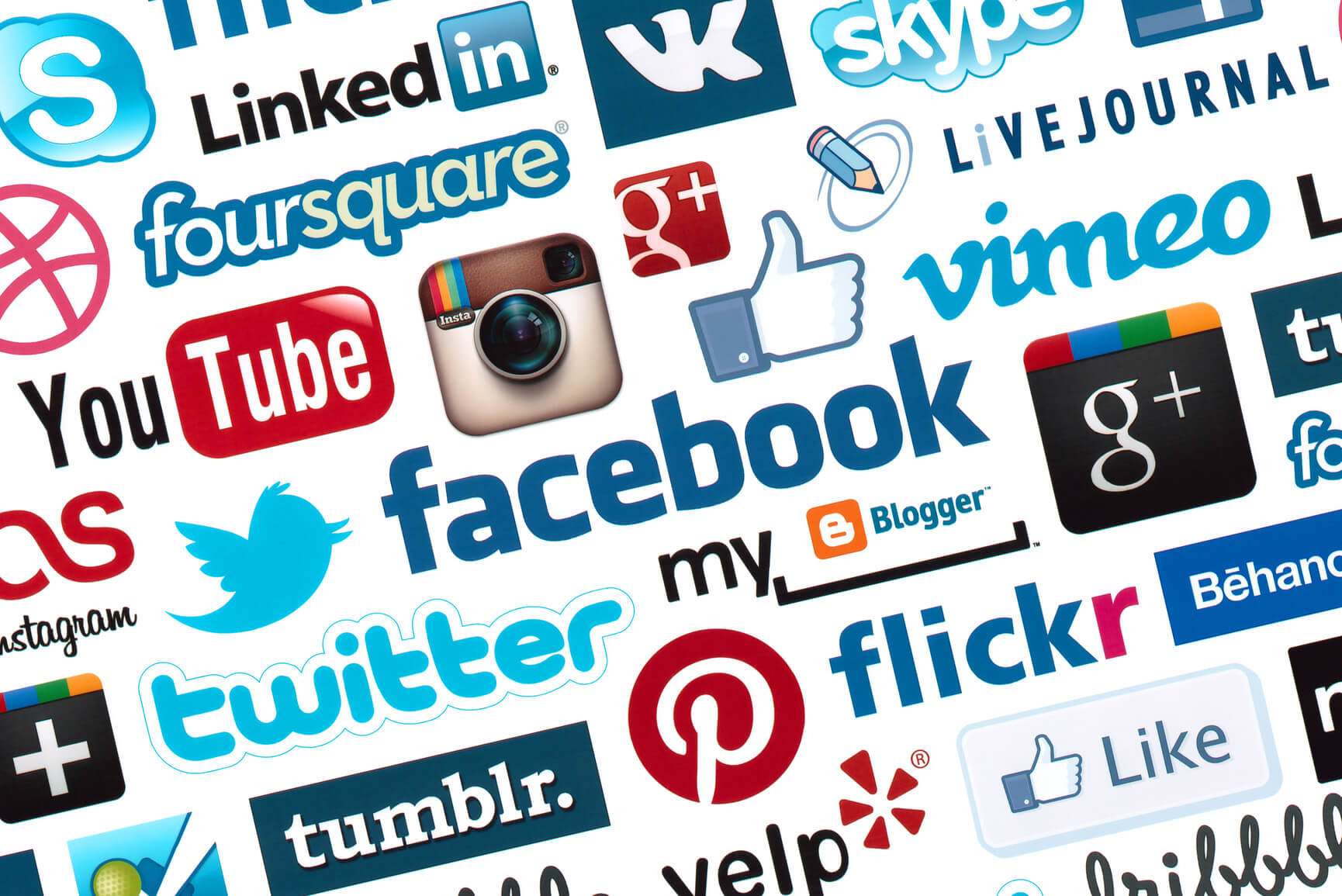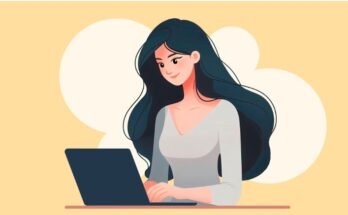Our information on the Internet has great value today. There are many marketing companies that are looking for ways to obtain all kinds of data. In this way they can include us in a Spam list, advertising campaigns or even sell that information to third parties. The way to find out can vary and affects all types of operating systems or devices. However, sometimes users make mistakes that leave all this data on a tray. In this article we are going to explainwhat things we should never share on social networksif we do not want to compromise our privacy.
Socialnetworksare widely used platforms. They have very diverse functions, such as being able to upload photos or videos, be in contact with friends or family, as well as share our opinion. However, we must bear in mind that we also expose a lot of information if we do not take the appropriate measures.
Through social networks they could obtain user data such as name and surname, email, data on our residence, tastes… Do we want all of this to be available to anyone? For this reason, measures must be taken sometimes. We are going to explain what kind of information we should never share on social networks if we really want to preserve privacy and avoid problems.
Location
It is one of the most important issues when we talk about preserving privacy on social networks. Ourlocationcan be available to anyone. It is what happens when you start a video, upload a photo or any comment. The exact place where we are may appear.
Personal information
Logically, everything related topersonal datathat we publish on the networks will put our privacy at risk. However, special care must be taken when entering data such as our telephone number or e-mail address. They could be available to anyone and that means we could end up in spam campaigns or even have our identity spoofed.
In this sense, our advice is to show as little personal data as possible. This must be applied to all types of social networks. We don’t really know who might have access to a profile, and even a friend’s or family member’s account could be compromised, allowing an intruder to collect all sorts of information.
Dates you go on vacation
Do we want them to know exactly on what dates we are going to go on vacation and, ultimately, we are going to be away from home? That could have consequences. It is important to keep this in mind and not put our privacy at risk. You have to know that our social network can be accessed by users who are not friends and family and whom we cannot trust.
For this reason, it is important to maintain privacy in this regard. We should never publish data related to when we are going to be away from home. Perhaps it is an extreme issue, but it is one more issue that we must take into account to avoid problems that may affect us.
Home address
Something similar happens with theaddress of our home. There are social networks where they allow us to enter the exact data with the street and even number. Do we really want this data to be available? Possibly not. You have to take care of this. We could become victims of sending unwanted letters, which can even be used to collect personal data by impersonating the identity of a legitimate organization.
This type of data is important that we do not make it public on sites such as Facebook, Instagram or Twitter. A simple carelessness could negatively affect us and affect our privacy and personal security.
Sharing too muchwork-related informationis also a mistake . That could end up in the hands of the competition or cause problems of some kind in our own work environment. It is important that we do not share data of this type when we use social networks on a personal level.
In this case, we would not only be putting our personal data at risk, but also the privacy of the company we work for. It could be used to launch Phishing attacks against other workers, send emails impersonating our identity to gain access to certain services, etc.
Images that may compromise third parties
But not only privacy must be protected by ourselves, but also at the level of third parties. When we upload an image we could compromise theprivacy of third parties. It is also important to take this into account. Sometimes we post photos of trips, meals, parties, meetings… We are not the only ones who can appear.
Privacy must be understood as something more extensive than the individual himself. The Internet is full of pages, services and platforms that we can use in our day to day. Not all of this is going to be protecting our own data, but also that of other people who may be in our environment.
Images or content that violate the law
Finally, another point that we must avoid is uploading images or content that mayviolate the law. This could not only harm our privacy if it is later shared on the networks, but could also have legal consequences. For example, sharing protected content, images that correspond to third parties, etc.
When using social networks we must be aware that they can have a very large impact. It can reach many users that we do not know, spread all over the world and with very different ideas.
We have seen what we should avoid sharing on social networks so as not to put our privacy at risk. Now we are also going to give a series of recommendations to use themsafelyand not have any kind of problem. In this way we will avoid the entry of intruders into our computers, malware that can steal passwords and, ultimately, complications when using these services.
Use official apps
Something essential is to always use programs and platforms that areofficial. It is true that sometimes we can make use of some third-party tools that offer certain additional functions, but we do not know if it is really something reliable or if it could affect our security in some way.
Therefore, whenever we are going to install the Facebook, Twitter or any social network application, as well as when we are going to log in to the web version, we must do it safely on the official sites. Only in this way will we achieve the maximum guarantee of avoiding security problems.
Another of the tricks that we can follow is to see that the pages start with https, which indicates that they implement an SSL security certificate. On the contrary, if we only see http, without the letter s, the site may not be secure, and it will not be the official one.
Keep equipment safe
It will also be important to have thedevices protectedto the maximum. Here we must mention the importance of having a good antivirus, firewall or even extensions for the browser. All of this will help keep hackers out and prevent unwanted access to our accounts.
One of the most common methods to steal passwords is what is known as a keylogger. Cybercriminals use this type of malware to collect the victim’s credentials and passwords and thus be able to access accounts and damage privacy and access all content.
Configure privacy parameters
When we register on social networks, we can always configure certain parameters regarding privacy. And it is a highly recommended task to review this, since it will only take us a few minutes to establish certain parameters.
If we talk about multimedia content, such as photos or videos, we can configure who will be able to see that content, for example, letting only added friends see it, or directly open it to everyone, for example.
We can also configure this at interaction levels, so that we can block requests, messages or being tagged in certain posts.
Currently, many devices, such as mobile phones, already incorporate configuration options that block certain information from applications, not only social networks, but all kinds. Therefore, if the platform itself is enabled to have this data, but it is blocked on the device, it will not be able to see it.
Parental control
The good use of social networks is also linked to a good education. Therefore, the use of parental control can help us in this regard. It is always good to help our children to manage the social network, and to understand the dangers that these can entail.
Among them, it may be that not only is one affected by an action, but it can spread to other close people. Given all this, social networks have age policies for their users, which, although they are often not met, are good to keep in mind.
Common sense
Without a doubt, it may be the most important thing of all. It is essentialnot to make mistakesthat can affect us. We talk, for example, of not clicking on links that come to us by email or even by the social network itself and that it really is a scam. This is how hackers can launch phishing attacks.
Nor should we download files that may be dangerous or give more information about the account so that they can find out data with which to carry out certain attacks. Therefore, maintaining common sense will be essential at all times.
It is also recommended not to leave the passwords saved on the equipment, either written or with the function of remembering the credentials. If we are sure that the equipment will only be used by us, it is a good option, but if it is going to be used by more users, it is not recommended to leave the remember option enabled.
In short, these are some points that must be taken into account to avoid sharing on social networks. The objective is none other than to always preserve our data and not put our security and the proper functioning of the equipment at risk. There are many services that we have at our disposal and we must always keep the information protected and not available to anyone.




